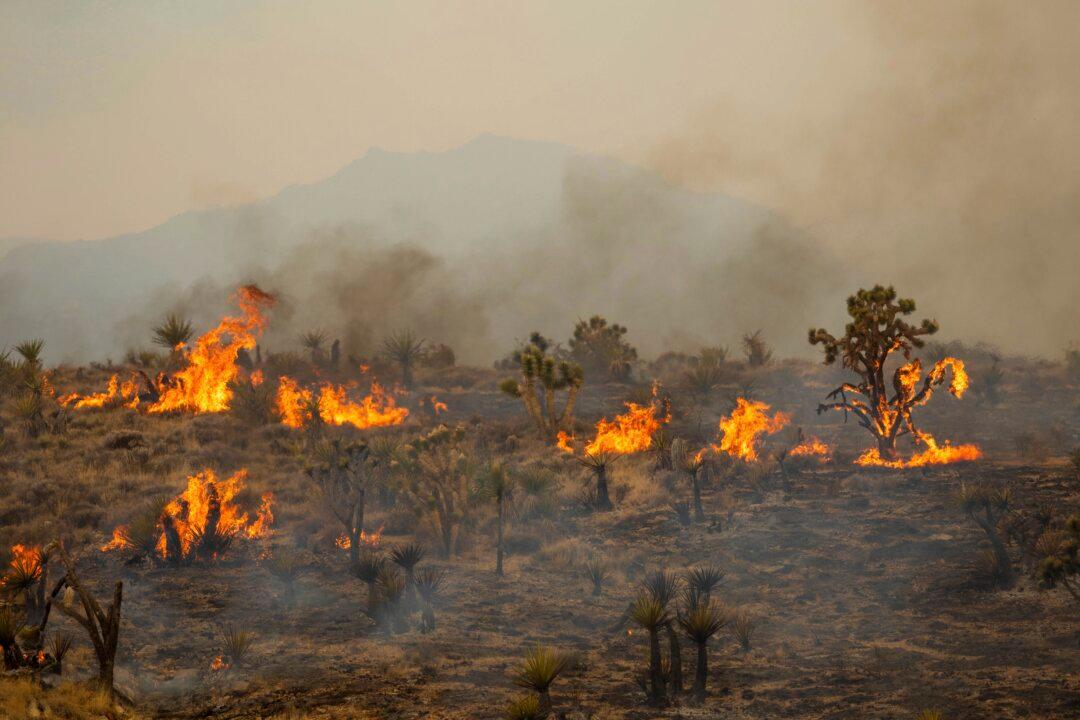A study on California’s wildfires, which has been widely cited by mainstream media since its publication in Nature, is missing key facts that were deliberately left out to fit the scientific journal’s preferred narrative of climate change, the paper’s leading author said.
“I knew not to try to quantify key aspects other than climate change in my research because it would dilute the story that prestigious journals like Nature and its rival, Science, want to tell,” Patrick Brown, an expert on earth and climate sciences and a lecturer at Johns Hopkins University, wrote on Sept. 5 for The Free Press.





